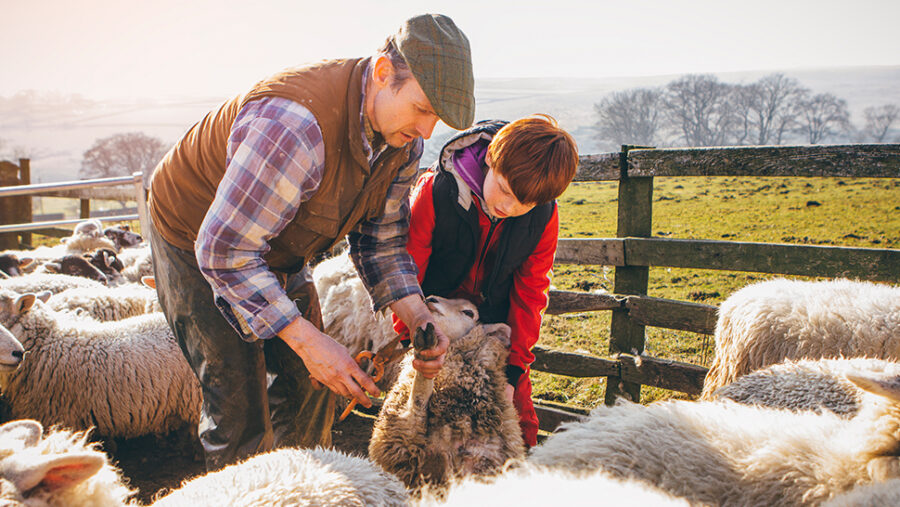

What is it proprietary estoppel?
Proprietary estoppel is a specific type of estoppel – where a court prevents a person from going back on their word – developed in law to help achieve the correct outcome in “equity” where the common law falls short. It concerns promises or assurances given in relation to rights or interests over property or land. The concept is an equitable doctrine and it has been developed from Victorian times from the courts of equity.
At its simplest the ingredients needed to succeed in a claim for proprietary estoppel are that there must be:
- An assurance by A to B
- A reliance on the assurance by B
- Detriment to B
- Factual circumstances such that it would be unconscionable if the assurance is not upheld.
Common examples of when proprietary estoppel arises
It is common within the farming community for a child to work on the family farm for their whole life. This often comes about on the basis that either one or both of the parents have made promises to one or more children working on the farm such as “the farm will all be yours one day” or “I’m investing money into the farm for your benefit in the future not mine.” The promise by the older generation is made with the knowledge that the younger generation will act on the promise and stay working on the farm.
Often, in reliance on that promise, a child will decide to turn down opportunities beyond the family farm. The child will keep working on the family farm, often at low or no pay and often in accommodation on the farm that is too small for a growing family. This is all done based on the belief that the promises made to him or her that the farm and main farmhouse will be his or hers one day will come good.
The clear detriment in these cases is that the farming child could and most likely would have sought other employment and skills to earn money and have a career beyond the family farm but for the assurances made by the generation above that the farm will be passed on to them. Sometimes it can be difficult to establish that the detriment to the child outweighs the benefits he or she received such as mortgage or rent-free accommodation for many years.
When should you bring a claim using the doctrine of proprietary estoppel?
Often claims for proprietary estoppel are made on the death of the older generation who own the farm, typically on the death of the second of the parents to die.
Problems arise and trigger a claim when the will does not reflect the promises made. For example this can be when a farmer leaves the farm to a second wife of a few years other than to the farming child who has worked on the farm his or her whole life.
To be successful, the claimant needs to show all of the aspects set out above and apply the law to their own factual circumstances.
It was once thought that a proprietary estoppel claim could only be brought on death, however the case of Guest v Guest shows that it can be brought during the parents’ lifetime.
Family relations become particularly problematic when children have a different understanding of their parents’ succession plans and not only does it lead to all parties spending a significant amount in legal fees, it makes family relationships fraught.
Proprietary estoppel claims are often difficult to prove as the promises and assurances may not have been made often or in public and as such it can be notoriously difficult to predict the outcome, often turning on the nuances of that case and credibility of witnesses. This means that more often than not these cases do end up being determined by a court at final hearing.
How can farmers avoid a claim for proprietary estoppel arising?
It is important for farmers to engage in transparent and documented succession planning to limit the chance of such a claim being brought, during their lifetime or on their death. In short, clear communication is key to avoid misunderstandings and litigation. Good practice is to plan the future of the farm with those involved as early as possible with reference to a written partnership agreement and in consultation with the farm’s accountant or land manager where appropriate.










